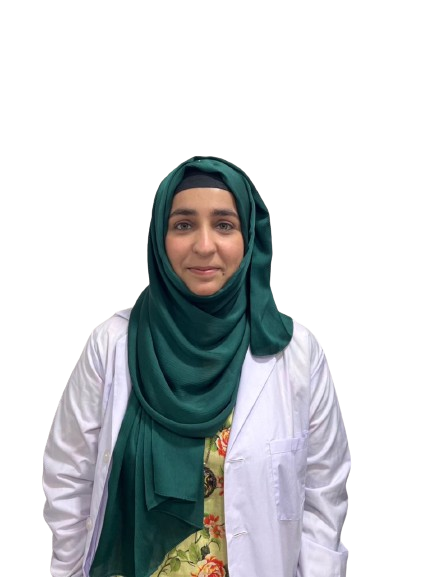Team Of Scientist
Team
Meet Our Expert Team
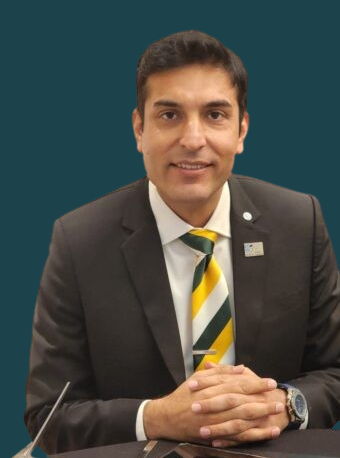
Principal Investigator & Group Leader
Dr. Wasim Sajjad , PhD
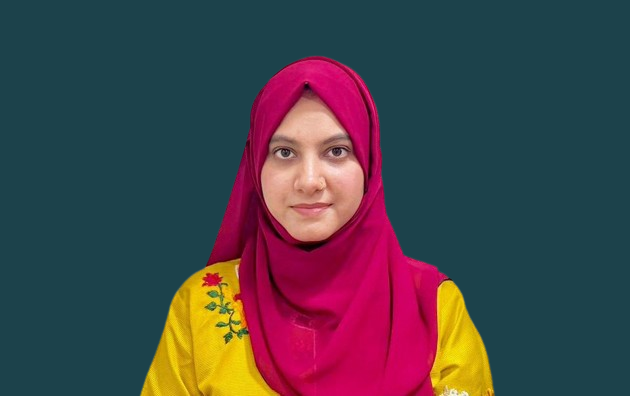
Co-Chair & Researcher
Iraj Zahid, MPhil

Researcher
AtaUllah Shah Bukhari, PhD
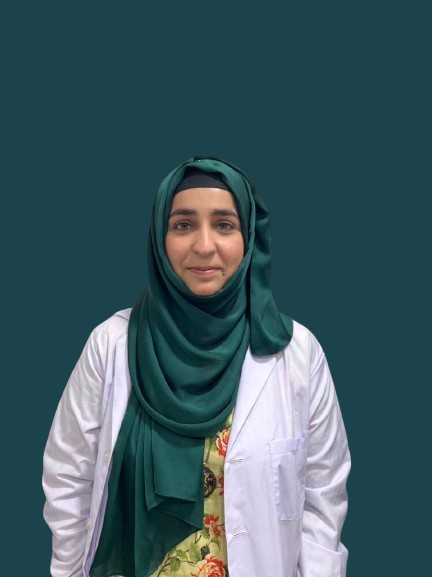
Researcher
Natasha Nazir, MPhil
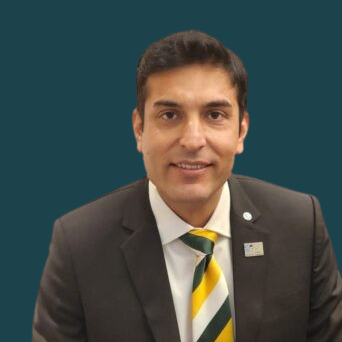
Dr. Wasim Sajjad
Principal Investigator & Group Leader
Dr. Wasim Sajjad holds the positions of Principle Investigator and Group Leader at MicrobialHub bioresource. Concurrently, he serves as an Assistant Professor at the National University of Medical Sciences, Pakistan, and is an Executive Committee Member of the Global Young Academy. Dr. Sajjad’s academic journey includes being a Fulbright Scholar, a CAS-PIFI Visiting Associate Professor at the Chinese Academy of Sciences, and an IFBA certified professional. He has also been honored as an HSP-Biosecurity Champ Fellow and was selected as one of 30 young scientists from the Global South to participate in the Geneva Biosecurity Diplomacy Workshop 2022.
Read More
In recognition of his scholarly contributions, Dr. Sajjad secured a competitive research grant in 2021 from the Higher Education Commission, focusing on isolating antimicrobial peptides from marine sources against MDR pathogens. He further extends his expertise as the regional coordinator (Eastern Mediterranean) for the NextGen Global Health Security Network. Dr. Sajjad specializes in Microbiology, with a particular research focus on antimicrobials, microbial byproducts, biosafety, biosecurity, and Science Diplomacy.
His achievements also include being the global runner-up at the 2021 Global Idea Market and the global winner of the 2022 Sustainable Research Innovation (SRI) competition, a joint initiative by Future Earth and the Belmont Forum, USA.
Iraj Zahid
Co-Chair & Researcher
Ms. Iraj Zahid serves as the Co-Chair of the MicrobialHub bioresource, leveraging her expertise as a Microbiologist. In her role, she oversees the management of biological sample collection and storage for future research endeavors, as well as the IT infrastructure essential to the smooth operation of all Bioresource activities.
Currently pursuing her MPhil in Microbiology and Immunology at the National University of Medical Sciences, Pakistan, Iraj also works as a dedicated research assistant. Her research endeavors are centered on the theme of “Collection and preservation of indigenous microbes: A step forward for NUMS bioresource center.” This initiative aims to establish a cutting-edge facility that will function as a comprehensive repository for a diverse array of biological resources, catering to the needs of diagnostics, industry, and scientific communities alike.
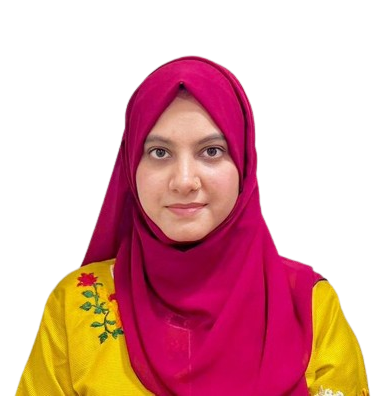

AtaUllah Shah Bukhari
Researcher
Mr. Sayed M. AtaUllah Shah Bukhari is a seasoned Microbiologist specializing in the extraction and characterization of antimicrobial peptides sourced from microbial origins. He possesses a proficient command of molecular biology tools and bioinformatics, employing them effectively to enhance peptide discovery and optimization.
Currently pursuing his Ph.D. at the Department of Biological Sciences, National University of Medical Sciences, Rawalpindi, Pakistan, AtaUllah focuses his research efforts on the project titled “Antimicrobial Peptides from Marine Sponges against Multi-drug Resistant Bacteria (AMP-AMR).” This endeavor is geared towards the discovery and development of novel antimicrobial peptides sourced from marine sponges. These peptides hold immense potential to address critical challenges, including:
Read More
Combating antibiotic resistance in healthcare settings
Enhancing food safety and security by mitigating bacterial contamination
Improving industrial processes by regulating microbial growth and spoilage
Developing sustainable and environmentally friendly antimicrobial solutions across various industries.
Natasha Nazir
Researcher
Ms. Natasha Nazir is a dedicated Microbiologist currently serving as a research assistant on a project focused on addressing biofilm-related challenges. The project aims to isolate novel enzymes from marine sponges, including lactonases and antimicrobial peptides, which exhibit the capability to degrade AHLs (acyl homoserine lactones). Through the utilization of sequencing-related DNA extraction procedures, bacterial isolates are identified, followed by qualitative and quantitative tests to detect lactonase presence within these isolated bacterial strains.
Natasha is concurrently pursuing her MPhil in Microbiology and Immunology at the esteemed National University of Medical Sciences, Pakistan.
